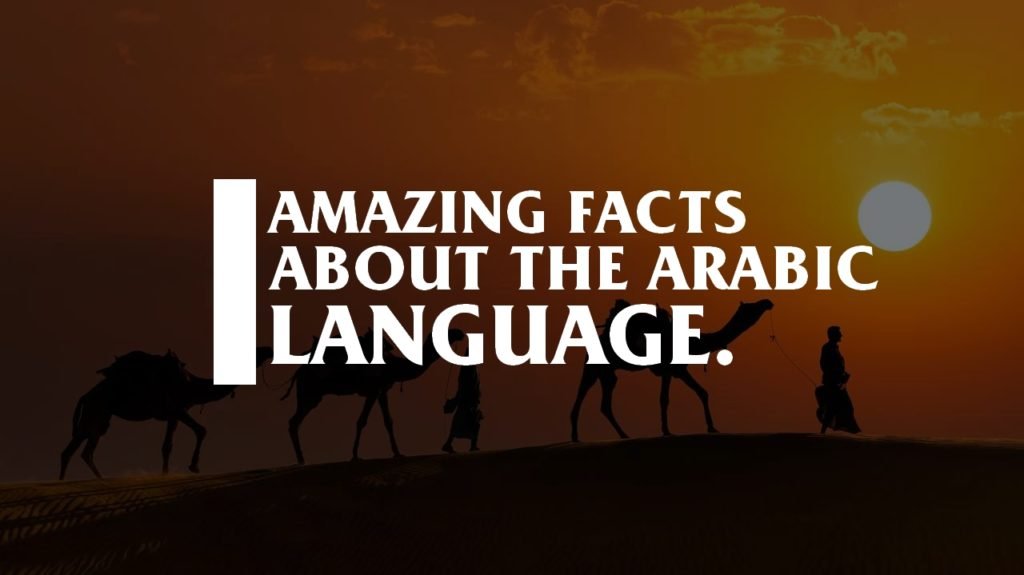Beauty standards are often depicted and reinforced through various means on the internet. The digital realm has become a powerful platform where idealized and often unrealistic images of beauty are prevalent. Social media platforms, online advertisements, and photo editing applications contribute to the proliferation of unattainable beauty standards. Perfectly curated feeds showcasing flawless bodies, flawless skin, and flawless lifestyles can create a distorted perception of beauty. The pressure to conform to these standards can be overwhelming, leading to self-esteem issues and body dissatisfaction among individuals. This is reinforced to disturbing limits with the advent of AI, as shown in the examples below.
1. Syria

2. South Africa
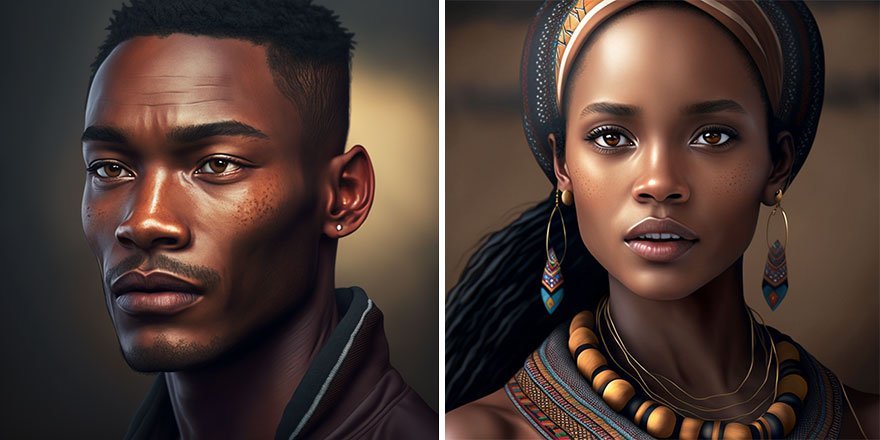
3. Spain
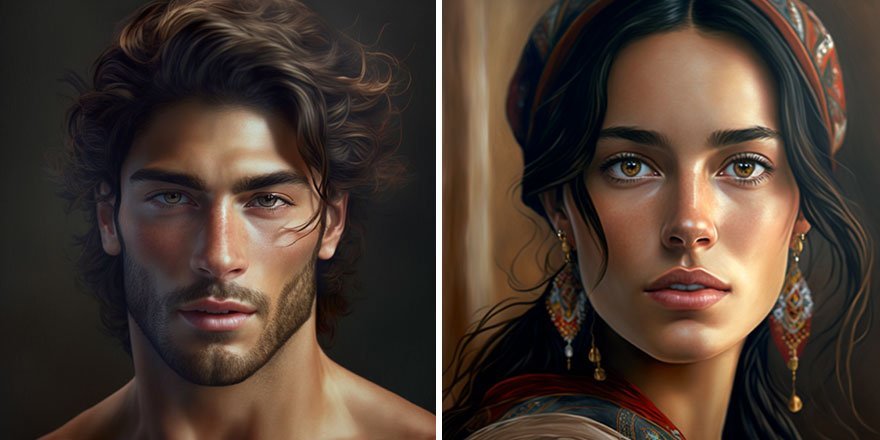
AI can play a role in depicting beauty standards across different countries by reflecting cultural biases and preferences. AI algorithms are often trained on data that predominantly represents certain regions or demographics, leading to biased beauty standards. For example, in some countries, fair skin may be considered the ideal, while in others, darker skin tones are celebrated. Similarly, body size and shape ideals can vary greatly across cultures. AI-powered technologies, such as facial recognition and image filters, may inadvertently reinforce these standards, perpetuating existing beauty biases. It is important to critically examine and diversify the data used to train AI models to ensure a more inclusive and culturally sensitive representation of beauty across different countries.
4. Philippines
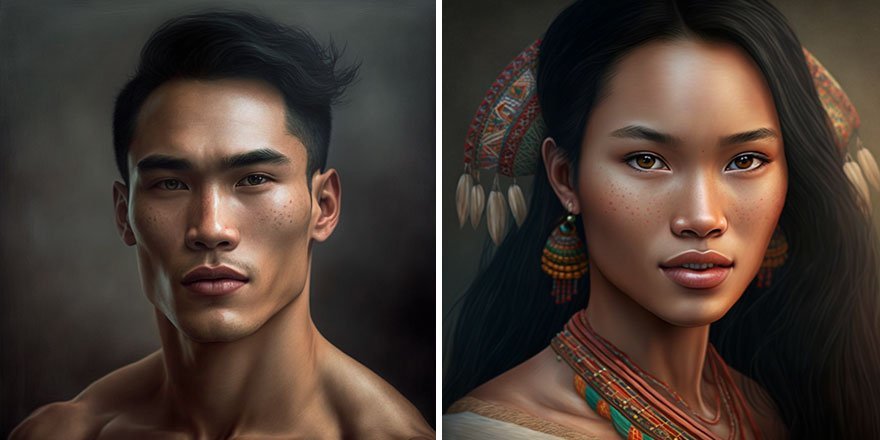
5. Egypt
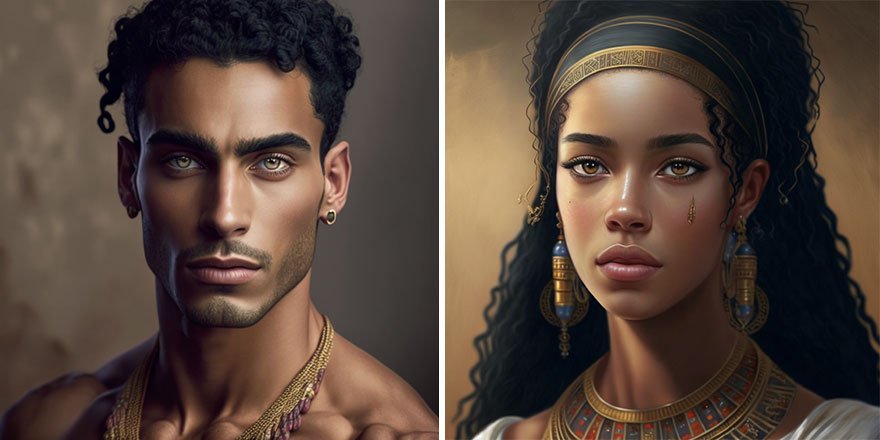
6. China

Beauty standards on the internet should promote inclusivity, diversity, and body positivity. They should celebrate the unique beauty found in people of all shapes, sizes, colors, and backgrounds. It is crucial to move away from the narrow and unrealistic ideals that perpetuate feelings of inadequacy and promote self-esteem issues. Instead, beauty standards should embrace authenticity and encourage individuals to love and accept themselves as they are. The internet should be a platform where everyone feels represented and valued, regardless of societal expectations. By promoting a more inclusive and compassionate portrayal of beauty, we can foster a healthier online environment that uplifts and empowers individuals.
7. Italy

8. Colombia
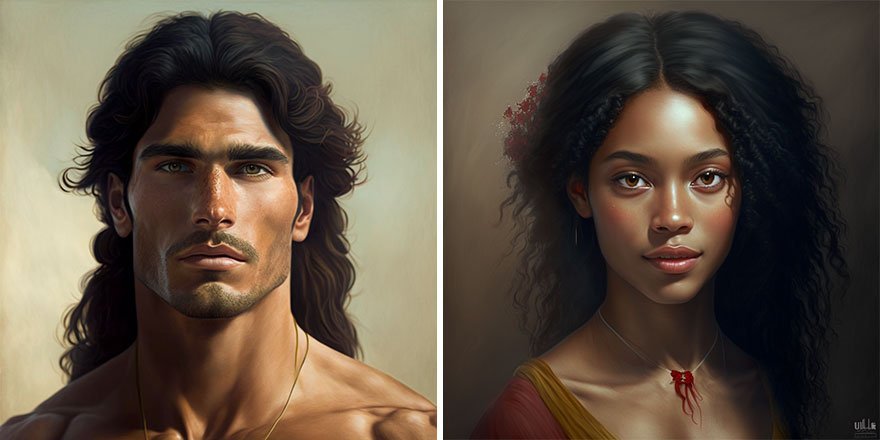
9. Japan

10. Australia
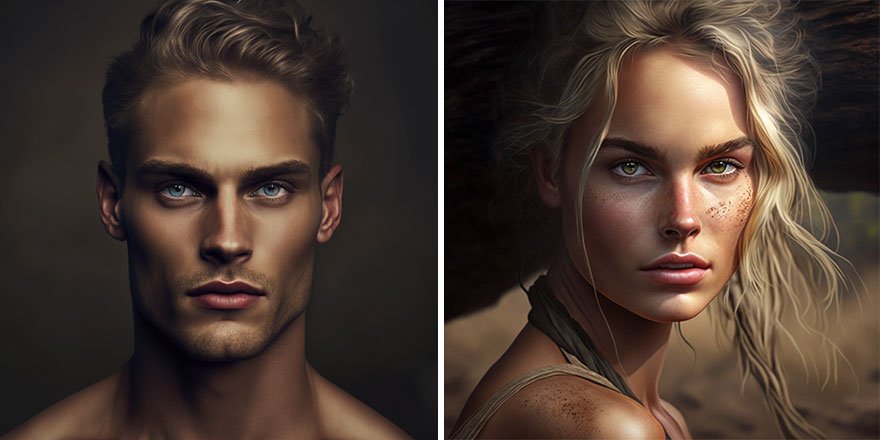
11. United Kingdom
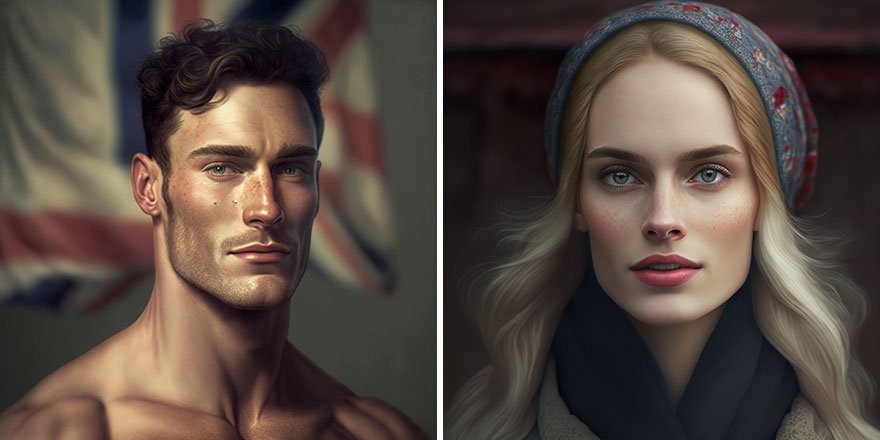
12. World
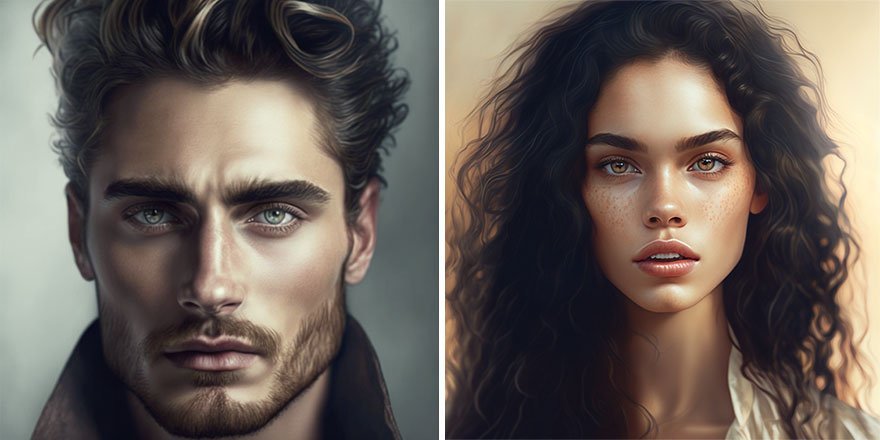
This begs the question of how we should train AI in such a way it reflects objective and real beauty standards. This requires a comprehensive approach. It involves using diverse and representative training data that reflects different cultures, ethnicities, body types, and genders. Ethical considerations should be integrated to avoid reinforcing harmful beauty standards. Engaging with communities, organizations, and individuals affected by beauty standards helps gather valuable insights. Regular evaluation and bias detection ensure fairness, and transparency promotes accountability. By following these steps, we can train AI to better represent real beauty standards and promote inclusivity and diversity in its depictions.
13. India

14. Mexico

15. United States.




